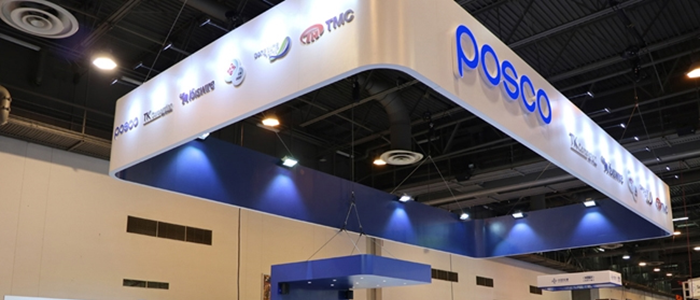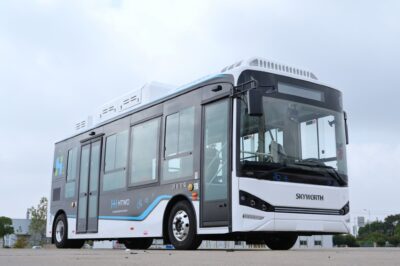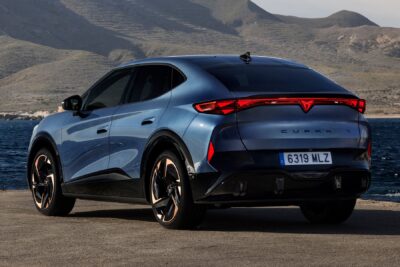Posco and Huayou Cobalt to launch recycling joint venture
The South Korean steel company Posco wants to set up a recycling business for lithium-ion batteries from electric cars together with the Chinese company Huayou Cobalt. The partners have already established a 65:35 joint venture called Posco Hy Clean Metal.
Posco Hy Clean Metal will subsequently invest 120 billion won (about 88 million euros) to build a “black mass” processing plant in Gwangyang, according to an agreement with the local government of the Koranic province of South Jeolla. “Black mass” (or often called “black powder”) is a product of battery recycling and contains materials such as nickel, lithium, cobalt and manganese.
In Gwangyang, the joint venture wants to extract precisely these materials from the black powder and process them into battery quality. In this way, the material is to be used in new cathodes. Construction of the plant in the city of Gwangyang, which will have an initial annual capacity of 10,000 tonnes, is to begin this year.
According to Korean media reports, Posco Hy Clean Metal wants to import the black powder itself from Europe, among other places. However, the plants from which the material is to come are not mentioned. In January, at the opening of its pilot recycling plant in Salzgitter, Volkswagen stated that the black powder produced there would be processed by “specialised partners”. Which partner this is, however, was not named. In addition, other recycling projects are being planned by other companies in Europe that could supply black powder to Korea.
To get the black powder, the batteries are deep-discharged and dismantled. The individual parts are then ground into granulate and not melted down in an energy-intensive process, as is the case with pyrometallurgical processes. Aluminium, copper, plastics and the black powder can then be recovered from the dried granulate (to recover the electrolyte).
The black powder is then processed in a so-called hydrometallurgical process – i.e. with the use of water and chemicals – to prepare the individual raw materials. In this process, several materials can be recovered, whereas in pyrometallurgical processes (i.e. melting down the battery), mainly nickel and cobalt can be recovered.
Posco can process the recycled material on site itself. In Gwangyang, Posco Chemical, a subsidiary of the South Korean steel producer Posco, already has a factory for cathode materials whose capacity is to be tripled to 100,000 tonnes by 2023, according to an announcement made in February.
Posco has also recently started building a lithium hydroxide extraction plant in Gwangyang. The plant will have an annual production capacity of 43,000 tonnes of lithium hydroxide when it is completed in 2023.





0 Comments